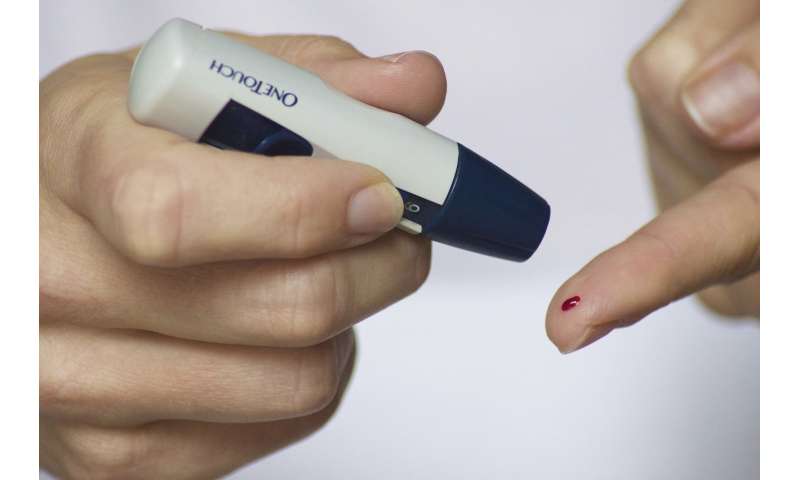Study finds problems with gestational diabetes test in rural areas


A number of pregnant women in rural and remote areas may be missing out on being diagnosed with gestational diabetes due to problems with blood testing, according to new research by The University of Western Australia, Kimberley Aboriginal Medical Services and member services.
Associate Professor Julia Marley from UWA’s Medical School said it was possible that two out three women with gestational diabetes may have been missed during the study due to problems with the collection tubes used to measure blood sugar.
Associate Professor Marley, Principal Research Fellow with The Rural Clinical School and Principal Research Officer with the Kimberley Aboriginal Medical Services based in Broome, said an oral glucose tolerance test was routinely used to check for gestational diabetes.
Patients must fast for eight hours before taking the test, which is usually done first thing in the morning. Blood tests are taken before the sugar drink, one hour later and then finally two hours after drinking.
“We know a lot of women find the sugar drink test hard and many just don’t want to do it so we wanted to see if we could make it easier to test for gestational diabetes,” Associate Professor Marley said.
“During the study we found that there were problems with the way blood sample tubes were stored before they were tested. To get correct sugar results, the blood tubes need to be put straight on ice until they are tested and testing needs to happen within one hour of the last blood sample taken but this is not part of usual practice in Australia.
“Instead blood samples are put in tubes that contain an additive (fluoride) to stop cells in the blood sample from using sugar. However, this takes four hours to work so when the blood gets tested there is less sugar.
“We wanted to explore this further to see if usual practice affects sugar results and if we are missing women with gestational diabetes.”
Clinic staff from partner health services recruited 694 women from 27 clinics across regional, rural and remote WA from Kununurra to Albany to take part in the ORCHID study (Optimisation of Rural Clinical and Haematological Indicators of Diabetes in pregnancy).
As part of the ORCHID study the researchers took a little extra blood at the same time as normal blood tests during the woman’s first antenatal visit and when the sugar drink tests were done. The extra blood was used to test for different ways of checking for gestational diabetes.
“We found out how much the blood sugar result dropped by getting women to give blood samples that could be tested quickly,” Associate Professor Marley said.
The researchers kept blood sample tubes taken from the women at room temperature (usual clinical practice), on ice (research grade) and in a different blood sample tube that is better at keeping sugar stable (FC Mix tubes).
They found the sugar results didn’t change in the blood samples that were put in FC Mix tubes, which were easier to use than putting samples on ice to stop sugar results from dropping.
“While more women might be told they have gestational diabetes when we use these types of blood tubes, it will allow the health clinics to provide better care for the pregnant woman with a plan that includes a special diet, exercise and more regular checking of sugar results.”
Source: Read Full Article